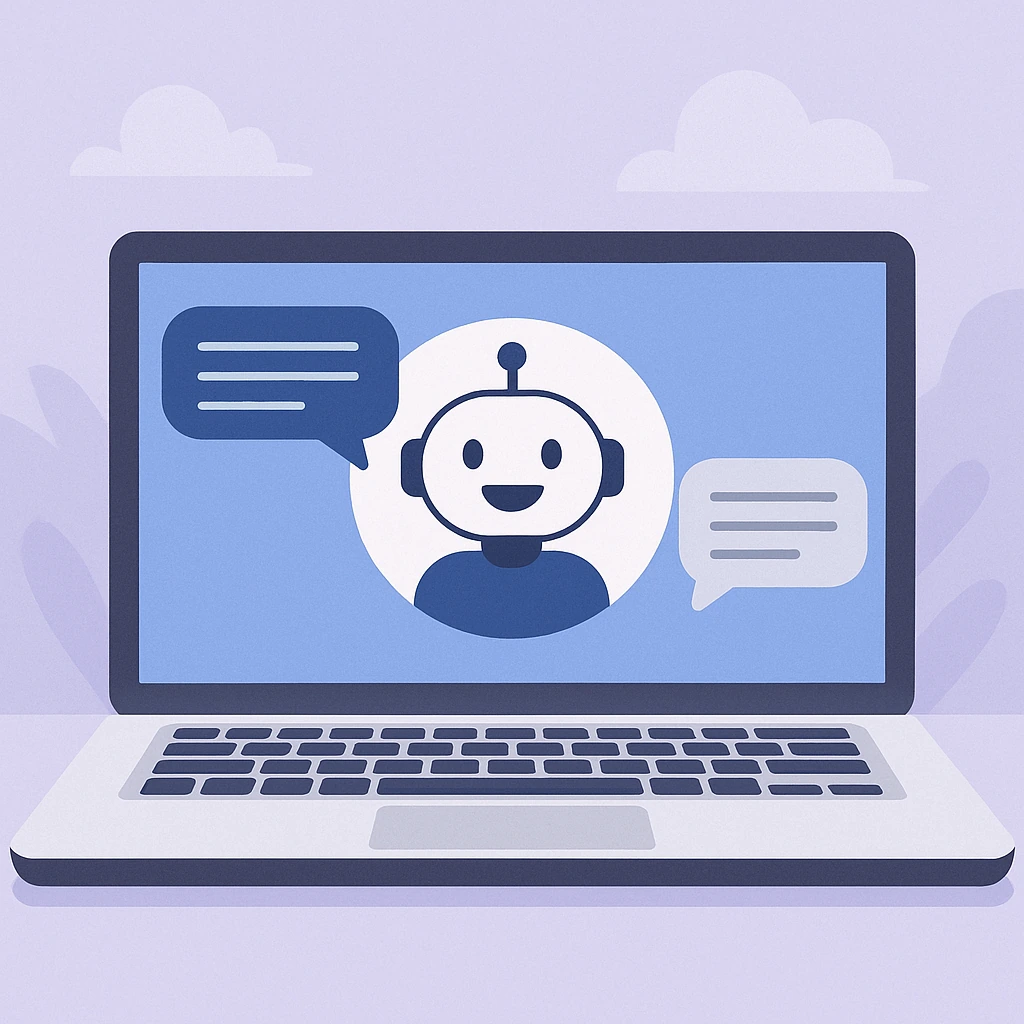Research on Personalized Children's Books: Academic Studies & Findings
Explore comprehensive research on personalized children's books. Academic studies, university research, and scientific findings that demonstrate the effectiveness of personalized reading experiences
Research Landscape: Two Decades of Studies
Over the past 20 years, researchers from leading universities and educational institutions have conducted extensive studies on the effectiveness of personalized children's books.
Early Research (1998-2008)
Initial studies exploring the concept of personalization in children's literature and its potential benefits.
Growth Period (2008-2018)
Expansion of research with larger sample sizes and more sophisticated methodologies.
Current Era (2018-Present)
Advanced studies using modern technology and comprehensive longitudinal research.
Leading Research Institutions
Prestigious universities and research centers have contributed significantly to our understanding of personalized books.
Stanford University
Pioneering research on personalized learning and its impact on child development and literacy.
Harvard Graduate School of Education
Comprehensive studies on reading motivation and personalized content in early childhood education.
University of Oxford
Research on cognitive development and personalized reading experiences in children.
MIT Media Lab
Innovative studies on technology-enhanced personalized learning and digital books.
University of Cambridge
Studies on language development and personalized content in early literacy.
Educational Research Centers
Various specialized centers focusing on personalized learning and children's literature.
Major Research Findings
Consistent findings across multiple studies demonstrate the significant benefits of personalized reading experiences.
Reading Engagement
40-60% improvement in reading motivation and time spent reading when content is personalized.
Vocabulary Development
30-40% faster vocabulary acquisition compared to traditional reading materials.
Comprehension Skills
25-35% improvement in reading comprehension and retention of information.
Memory Retention
35-45% better memory retention when stories feature personalized elements.
Reading Fluency
20-30% improvement in reading speed and accuracy with personalized content.
Emotional Connection
Significantly stronger emotional engagement and connection to reading material.
Research Methodology Overview
Studies employ rigorous scientific methods to ensure reliable and valid findings about personalized books.
Randomized Controlled Trials
Studies comparing personalized and non-personalized groups with random assignment to ensure validity.
Longitudinal Studies
Research tracking children over extended periods to measure long-term effects and benefits.
Cross-Sectional Studies
Studies examining different age groups and populations to understand developmental patterns.
Mixed-Methods Research
Combining quantitative data with qualitative insights for comprehensive understanding.
Age-Specific Research Findings
Research demonstrates that personalized books benefit children across all age groups, with specific advantages for different developmental stages.
Toddlers (2-4 years)
Studies show 50-60% improvement in attention span and engagement with personalized content.
Preschoolers (4-6 years)
Research indicates 40-50% better vocabulary retention and story comprehension.
School Age (6-12 years)
Studies demonstrate 30-40% improvement in reading achievement and academic performance.
Cognitive Development Research
Extensive research explores how personalized books enhance various aspects of cognitive development.
Attention and Focus
Studies show 50% longer attention spans when children read personalized stories.
Information Processing
Research demonstrates faster and more accurate processing of personalized content.
Critical Thinking
Personalized stories promote deeper engagement and analytical thinking skills.
Problem-Solving
Children show improved problem-solving abilities when stories feature them as characters.
Emotional Development Studies
Research demonstrates the positive impact of personalized books on emotional intelligence and social development.
Self-Concept Development
Studies show 45% improvement in positive self-concept with personalized reading experiences.
Empathy and Understanding
Research indicates enhanced emotional understanding and perspective-taking abilities.
Emotional Regulation
Personalized content helps children develop better emotional control and coping strategies.
Social Skills
Improved peer relationships and social interaction skills through personalized storytelling.
Longitudinal Research Findings
Extended studies provide valuable insights into the long-term benefits of personalized reading experiences.
3-Year Studies
Research tracking children over three years shows sustained improvements in reading skills and motivation.
5-Year Studies
Longer-term studies demonstrate lasting academic benefits and positive reading attitudes.
Academic Performance
Children maintain reading advantages and often show improved performance in other subjects.
Reading Habits
Long-term studies show the development of lasting positive reading habits and preferences.
Future Research Areas
Researchers continue to explore new aspects of personalized books and their applications in education.
Digital Personalization
Studies exploring how technology enhances traditional personalized book benefits.
Cross-Cultural Studies
Research examining personalization benefits across different cultural and linguistic contexts.
Special Populations
Studies on personalization benefits for children with learning differences and special needs.
Parent Involvement
Research on how personalized books enhance parent-child reading interactions.
Experience the Research-Proven Benefits Today!
Join thousands of families who have discovered the scientifically validated advantages of personalized books.
